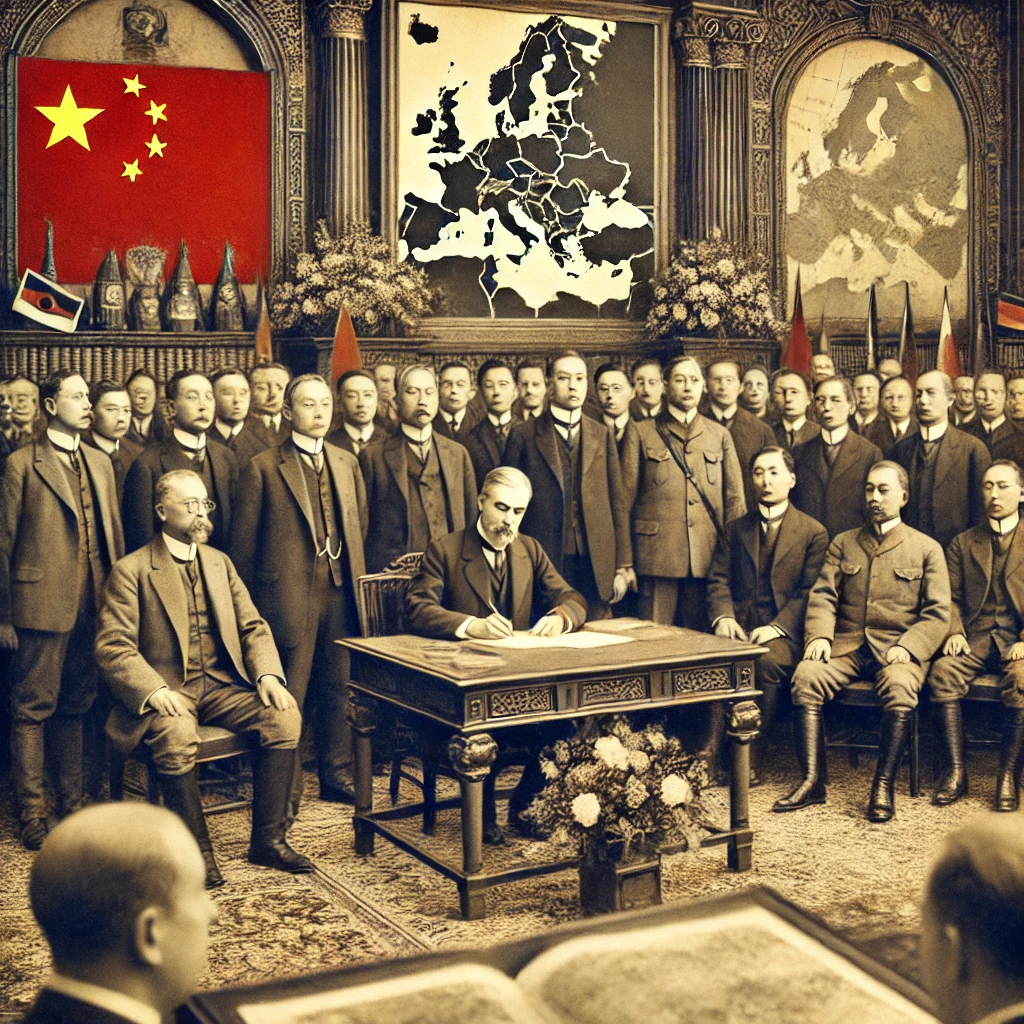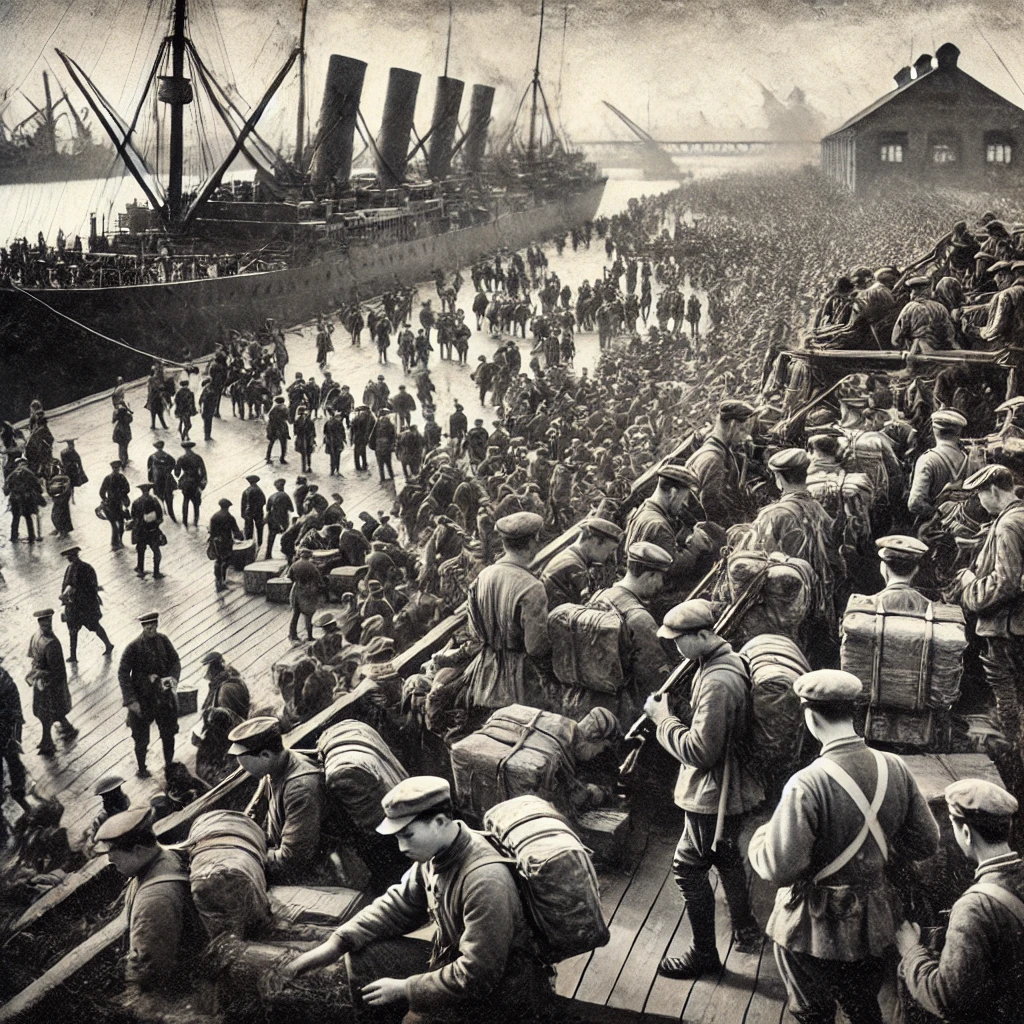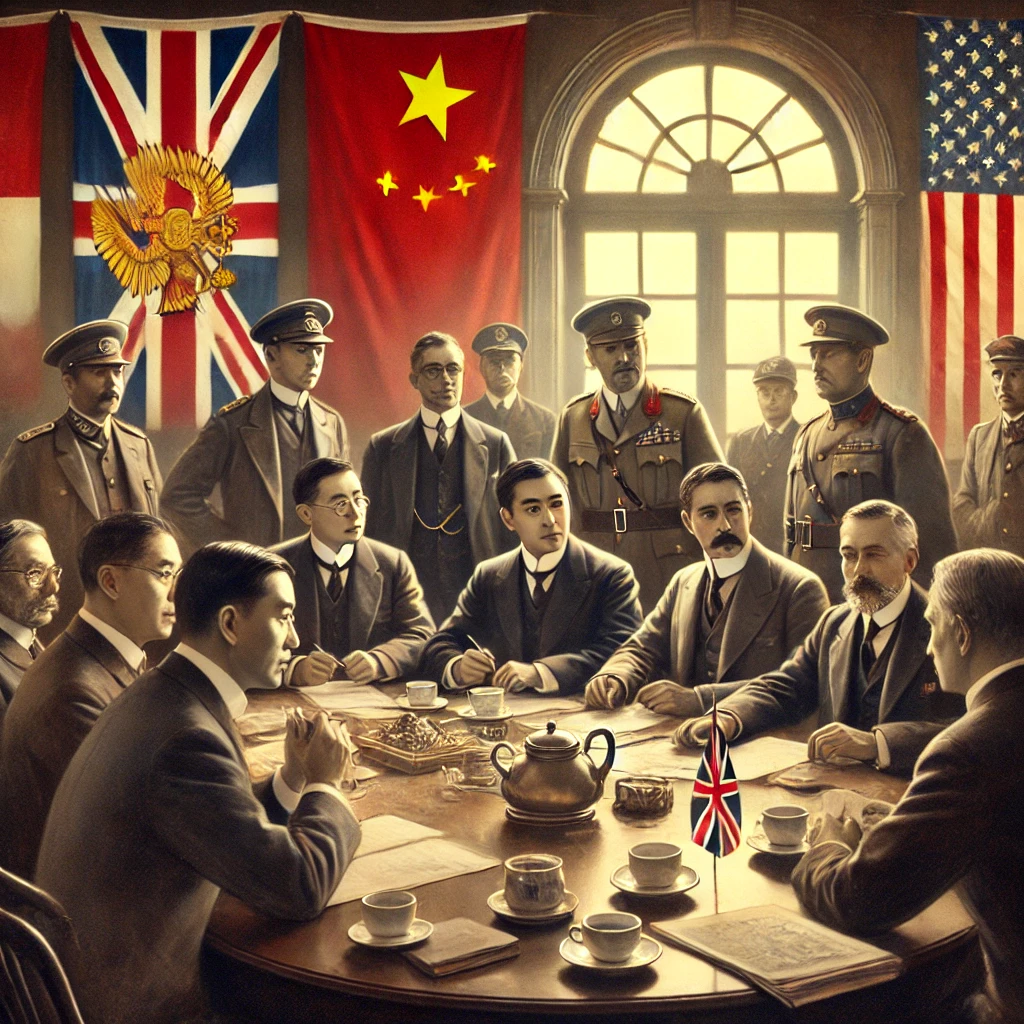On August 14, 1917, during the First World War, China formally declared war on Germany. This pivotal moment occurred as part of China’s effort to support the Allied Powers and assert itself on the global stage. The declaration came after years of diplomatic maneuvering and growing frustration with Germany’s aggression in the Asia-Pacific region. China’s entry into the war was motivated by several factors, including the desire to recover territories ceded to foreign powers and to gain international recognition and respect.
China had been involved in the war effort in a non-combatant capacity prior to the declaration. Chinese laborers, known as Chinese Labour Corps, had been working in Europe to support the Allied war effort by performing various logistical and support roles. The declaration of war represented a formal and significant shift from passive support to active participation.

The Impact on Sino-German Relations
The declaration of war marked a turning point in Sino-German relations. Prior to the war, China had been subject to various unequal treaties imposed by Western powers, including Germany, which had resulted in the loss of territory and sovereignty. The declaration of war was partly driven by a desire to reclaim lost territories and to address grievances related to these treaties.
China’s declaration was also a strategic move to strengthen its position in the post-war negotiations. By aligning with the Allied Powers, China aimed to leverage its contribution to gain a seat at the negotiating table and to advocate for its interests in the international arena. This decision was a key moment in China’s evolving role on the global stage and its efforts to assert itself as a sovereign nation.

The Legacy of China’s Participation
China’s involvement in World War I had lasting repercussions for its international standing and domestic politics. Although the immediate results of the war did not lead to the recovery of all territories or the complete fulfillment of Chinese aspirations, the declaration and participation marked a significant step in China’s modernization and international diplomacy.
The post-war period saw China gaining a prominent role in international diplomacy, particularly through its participation in the Paris Peace Conference and the subsequent Treaty of Versailles. However, the outcome of the peace negotiations, especially the treatment of Chinese claims, led to widespread disillusionment in China, contributing to the rise of nationalist movements and the eventual path to the Chinese Revolution.

The declaration of war on August 14, 1917, was a defining moment for China during World War I. It symbolized China’s active participation in global affairs and its efforts to reclaim its sovereignty and enhance its international status. The legacy of China’s involvement in the war reflects its transition from a passive participant to an assertive global actor, setting the stage for significant changes in the country’s political and diplomatic landscape.
